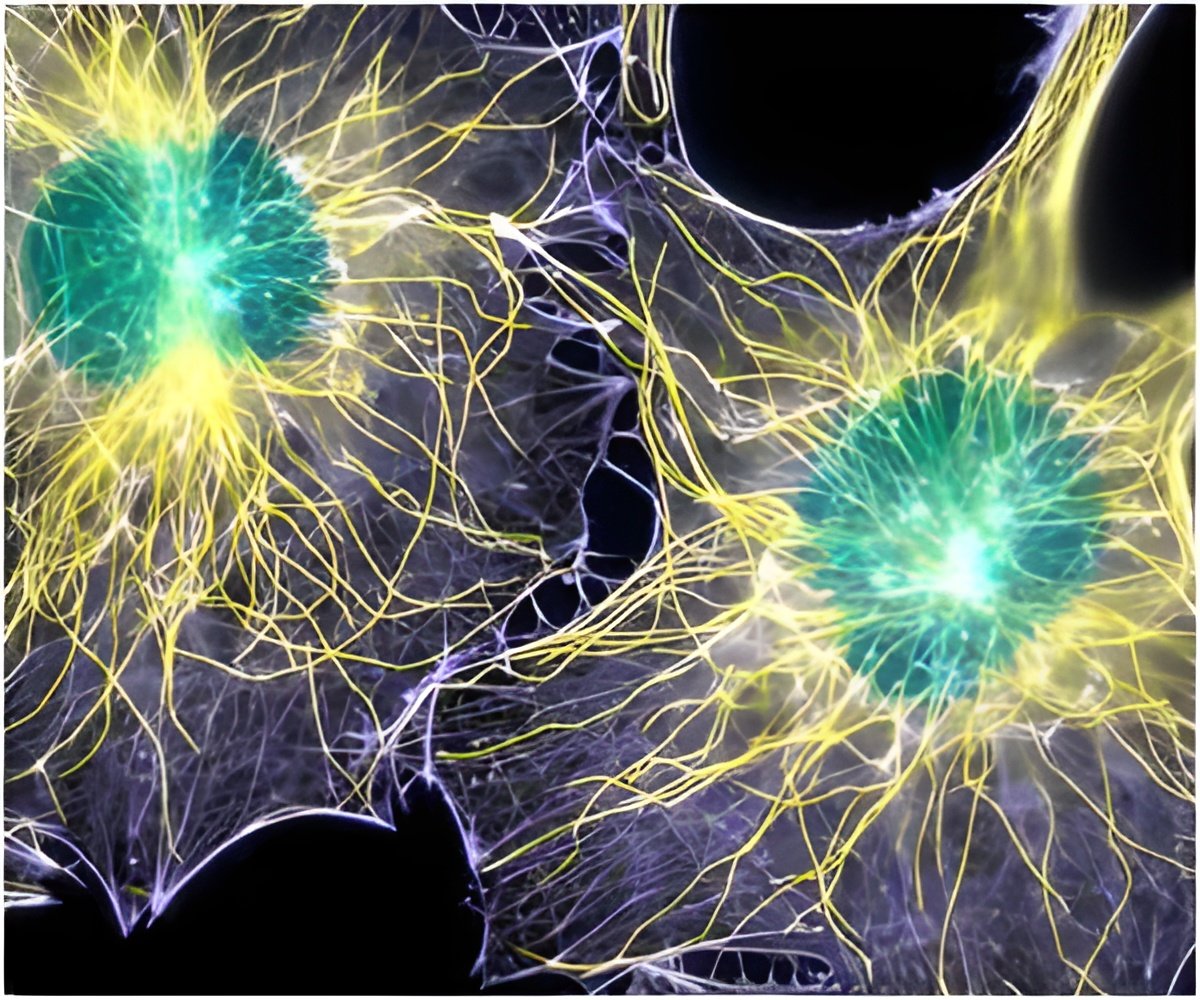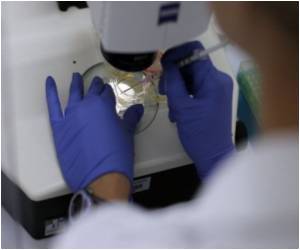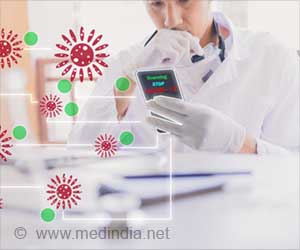British scientists have successfully demonstrated that the logic gates used for processing information can be built of harmless gut bacteria and DNA.

The research is published in the journal Nature Communications.
Professor Richard Kitney, co-author of the paper from the Centre for Synthetic Biology and Innovation and the Department of Bioengineering at Imperial College London, says:
“Logic gates are the fundamental building blocks in silicon circuitry that our entire digital age is based on. Without them, we could not process digital information. Now that we have demonstrated that we can replicate these parts using bacteria and DNA, we hope that our work could lead to a new generation of biological processors, whose applications in information processing could be as important as their electronic equivalents.”
The team says that the advantage of their biological logic gates over previous attempts is that they behave like their electronic counterparts. Previous research only proved that biological gates could be made. The new biological gates are also modular, which means that they can be fitted together to make different types of logic gates, paving the way for more complex biological processors to be built in the future.
In the new study, the researchers demonstrated how these biological logic gates worked. In one experiment, they showed how biological logic gates can replicate the way that electronic logic gates process information by either switching “on” or “off”.
Advertisements
The researchers were also able to demonstrate that the biological logic gates could be connected together to form more complex components in a similar way that electronic components are made. In another experiment, the researchers created a “NOT gate” and combined it with the AND gate to produce the more complex “NAND gate”.
Advertisements
Professor Martin Buck, co-author of the paper from the Department of Life Sciences at Imperial College London, adds: “We believe that the next stage of our research could lead to a totally new type of circuitry for processing information. In the future, we may see complex biological circuitry processing information using chemicals, much in the same way that our body uses them to process and store information.”
Professor Paul Freemont, Co-director for the Centre for Synthetic Biology and Innovation at Imperial College London, adds: “Even though this research is still in its early stages, it is already showing how collaborations between disciplines can bear fruit. I look forward to the next stage of this research, which could take information processing to a whole new ‘biological’ level.”
Source-Medindia







